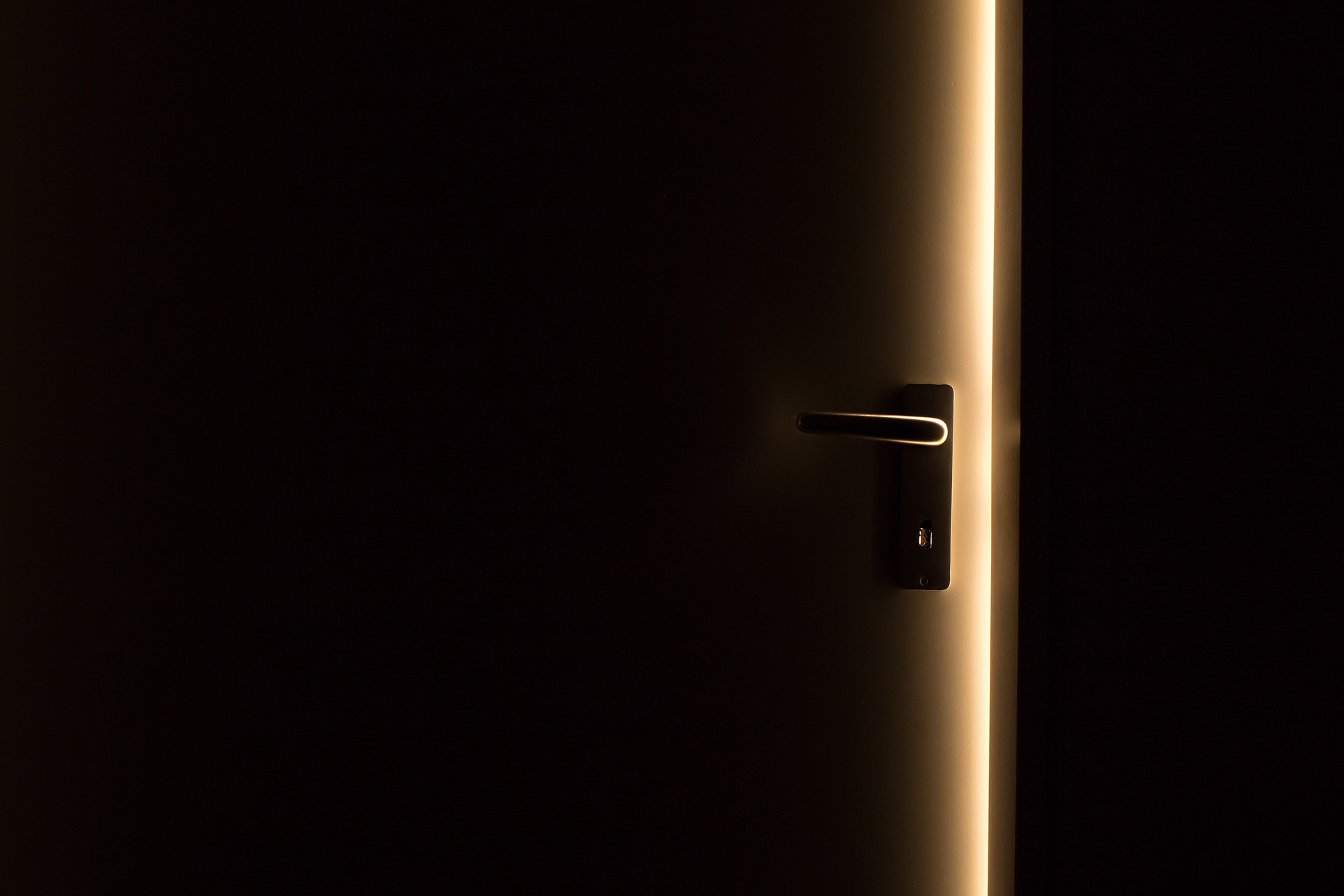
Opening the Yiddish Pantheon to Women
In her 1991 collection Metaphor and Memory, Cynthia Ozick speaks of the Yiddish triumvirate of Mendele Mocher Sforim, Sholem Aleichem, and Y. L. Peretz (the classikers), which was the invention of Sholem Aleichem himself, a myth that remains with us today.
Beautiful as the Moon. Radiant as the Stars: Jewish Women in Yiddish Stories—An Anthology, edited by Sandra Bark with an introduction by Francine Prose (Warner Books, $14.95) opens up this pantheon to women—many of whose names we don’t know. Unhappily, the authors’ biographies here don’t always reveal much about the conditions they endured or what kept them from writing more. But the stories by and about women provide clues.
The women in many of these stories bring to mind poet Irena Klepfisz’s term kursistke—”a woman who studied (took courses) and prepared herself for revolution”— but with a difference. Here the kursistke is often self-taught, has to fight for the right to read and to study; “revolution” usually remains internal or short-lived, as the following examples indicate.
The first-person narrator of Dvora Baron’s heartbreaking “Kaddish” is a worthy, albeit secret, student; nonetheless, she is not allowed to say kaddish at the death of her grandfather, who was impressed by her fine mind but declared, “if only you were a boy.” In Helen Londynski’s memoir “The Four-Ruble War,” Chayele’s mother tells her young girls need not study: “The more she learns, the less she is worth.” Similarly, Bella, in Celia Dropkin’s “Bella Fell in Love,” comes to the city to study but returns home, having found little encouragement for her ambitions. And Emma in Yente Serdatzlcy’s “Rosh Hashanah,” who left Russia rather than accept a Siberian exile for her politics, loses her “idealistic strivings” in America, where “all was crude and crass,” where she finds neither “the holy, poetic stillness of the shtetl” nor “the exhilaration of the struggle.”
None of the stories deals directly with Israel or the Holocaust, although Blume Lempel’s first-person narrative, “Scenes on a Bare Canvas” (beautifully translated by Sheva Zucker), takes place during the narrator’s first trip to Israel as she attempts to deal with her guilt as a survivor: “Whenever I chance to meet a person who escaped from the abyss, I look at him with fear and expectation, lest I uncover something beyond my comprehension.” She attends the funeral of Zosie, a young woman from her hometown, who, the narrator imagines, “roams from camp to camp together with other wind driven wanderers.” Understanding that she and Zosie have much in common, the narrator also comes to see Zosie as “the crow that pecks at my conscience.”
While Bark’s selections, especially those by Dvora Baron, Rachel Korn, Fradel Schtok, Yente Serdatsky, Shira Gorshman, Blume Lempel, Kadya Molodowsky, and Esther Singer Kreitman, are a pleasure to read, one may wonder why the editor included stories by many men, implying that there weren’t enough good women writers.
Julia Wolf Mazow, student of Yiddish language and literature, compiled and edited The Woman Who Lost Her Names: Selected Writings of American Jewish Women.

